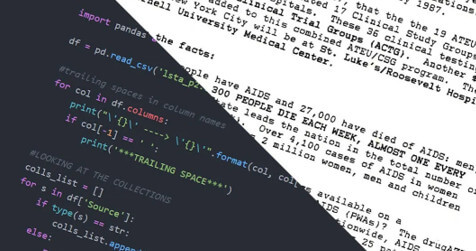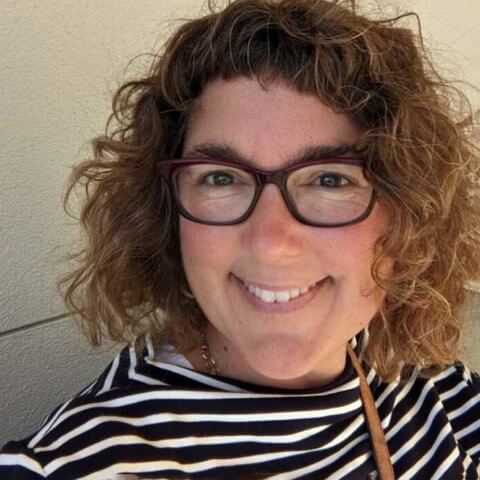The Digital Health Humanities (DHH) pilot program is pleased to share our Archives as Data Research Guide. This guide was created to help researchers find and understand how to work with data from archival health sciences collections. “Archives as Data” refers to digitized archival collection materials that can be shared, accessed, analyzed, and referenced as data. Using digital tools, researchers can work with archives as data to explore and evaluate characteristics of collection materials. Researchers will then be able to analyze trends and connections found within and across the materials.
The UCSF Archives and Special Collections makes data available from a number of our digital collections. Within the guide, researchers will find information on accessing and using data, as well as descriptions of both the forms and content data takes. There is a growing list of resources for researchers to learn more about methods and tools used to work with archives as data. Additionally, the guide highlights synchronous workshops and asynchronous resources for self-study.
Available data sets
This centralized resource hub includes brief descriptions of collection materials and links to prepared datasets. Some of the archived collections include:
- The No More Silence dataset, an aggregation of data from selected collections within the AIDS History Project. The data includes records of community activism groups, papers of health researchers, and journalists.
- The Industry Documents Library is comprised of digitized documents from the tobacco, food, drug, fossil fuel, chemical, and opioid industries, all of which impact public health.
- The COVID Tracking Project is a volunteer organization launched by The Atlantic. The project collected and published data from the COVID-19 outbreak in the U.S. from March 2020 – March 2021.
- UCSF university publications that include course catalogs, annual reports, newsletters, transcripts, and more.
This guide will be updated as data captured by the UCSF Archives and Special Collections becomes available. In addition, we anticipate expanding the guide to include “archives as data” of interest made available by other institutions and organizations.
To learn more about how we are making archives as data available at UCSF, check out recordings and resources from our recent session, Finding and Exploring Archives as Data for Digital Health Humanities.
Please contact Digital Health Humanities Program Coordinator, Kathryn Stine, at kathryn.stine@ucsf.edu with any questions about DHH at UCSF. The UCSF DHH pilot is funded by the Academic Senate Chancellor’s Fund via the Committee on Library and Scholarly Communication.

